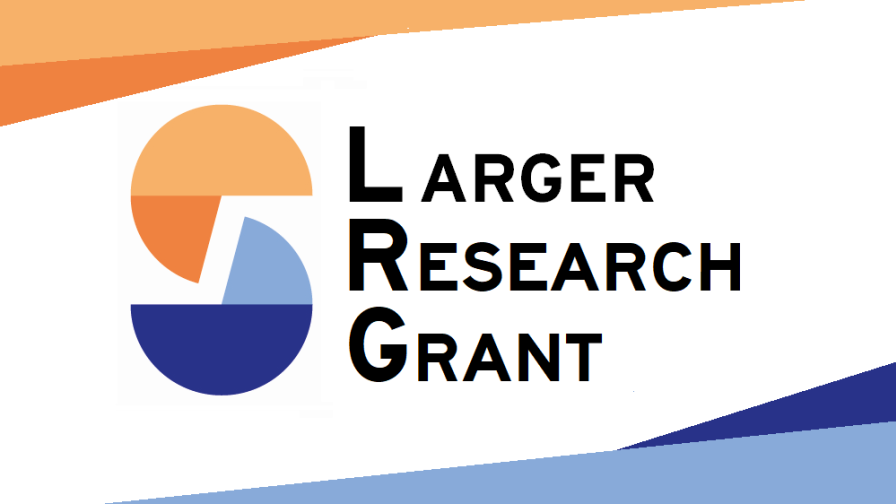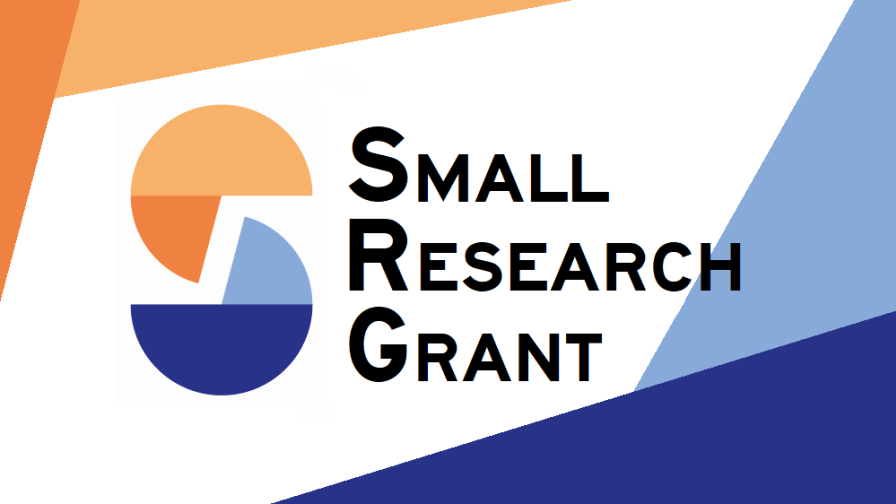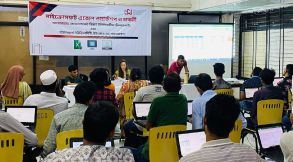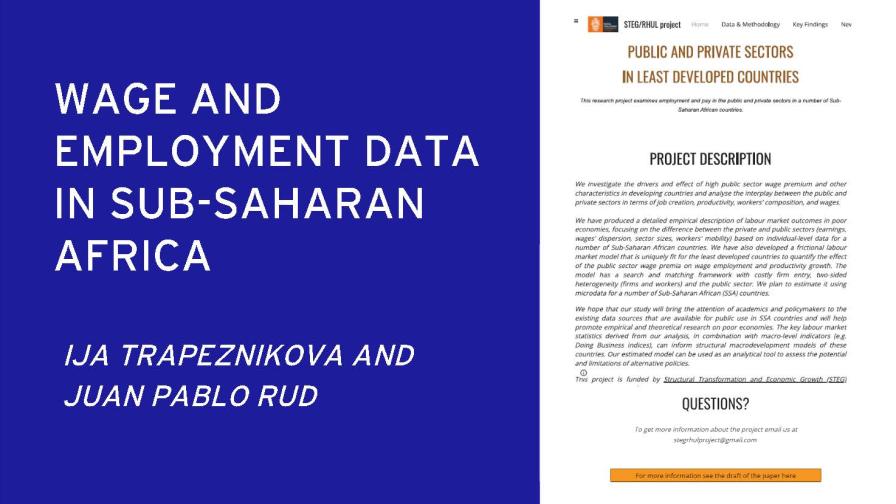Distortions in economic activity are a defining characteristic of developing countries, and their implications for misallocation and standards of living are well-documented in the academic literature. However, how the burden of these distortions is shared among households in developing countries is not well-understood. While policymakers often focus on who benefits or loses from these distortions, the academic literature is largely silent on the question of who bears the incidence of these distortions. This project seeks to address this gap by developing tools to estimate the incidence of distortions and understand their distributional impact.
To achieve this goal, the authors develop tools to estimate distortions at a highly disaggregated level and trace them to individuals through arbitrary trade, employment and financial networks. This methodology is applied to administrative data from Chile, where the authors are able to map out the flow of goods and money for the entire economy by linking firm-to-firm networks with firm-to-consumer, firm-to-lender, and firm-to-employee networks. Their methods enable them to answer questions such as how supernormal profits earned by different industries are distributed, whether these profits come from overcharging consumers or underpaying suppliers, and how the burden of these distortions is shared among households belonging to different regions, demographic groups, and income levels.
The methods proposed by this project have important implications for policymakers, particularly in Sub-Saharan Africa. Recent World Bank research has shown that the misallocation of resources is a significant contributor to lower total factor productivity in African countries. Therefore, understanding the incidence of distortions and their distributional impact is crucial for designing policies aimed at reducing these distortions. Countries with sophisticated administrative data infrastructure, such as Rwanda and Uganda, are particularly well-suited for applying the methodology proposed by the authors to provide more reliable estimates for African countries. By providing policymakers with a better understanding of the incidence of distortions and their distributional impact, this project has the potential to inform the equity-efficiency trade-offs that policy decisions often face.
Project
• Research Theme 0: Data, Measurement, and Conceptual Framing,
Research Theme 5: Political Economy and Public Investment,
Cross-Cutting Issue 3: Inequality and Inclusion
The Incidence of Distortions in the Developing World
Active project
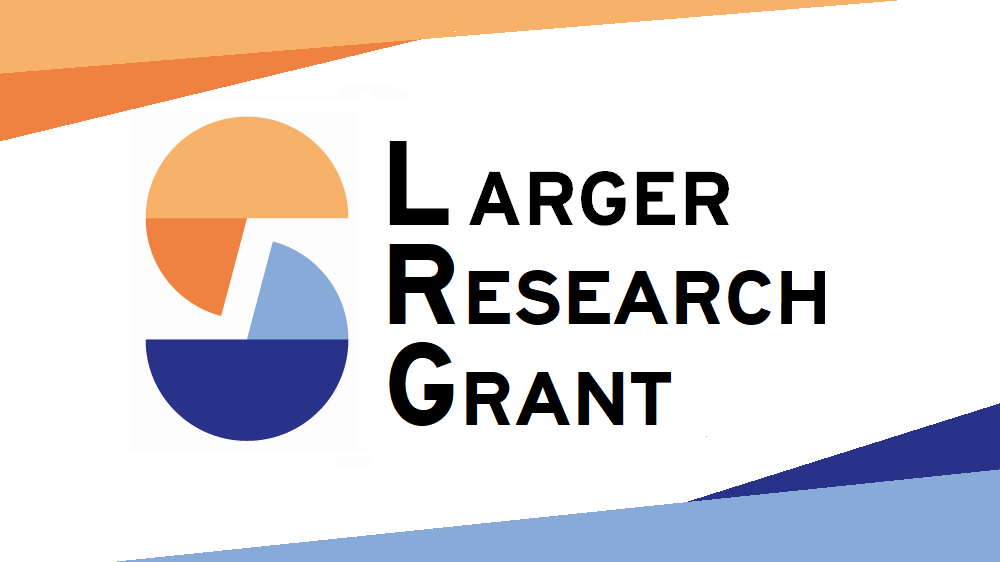
Larger Research Grants
Research Team
Related content
